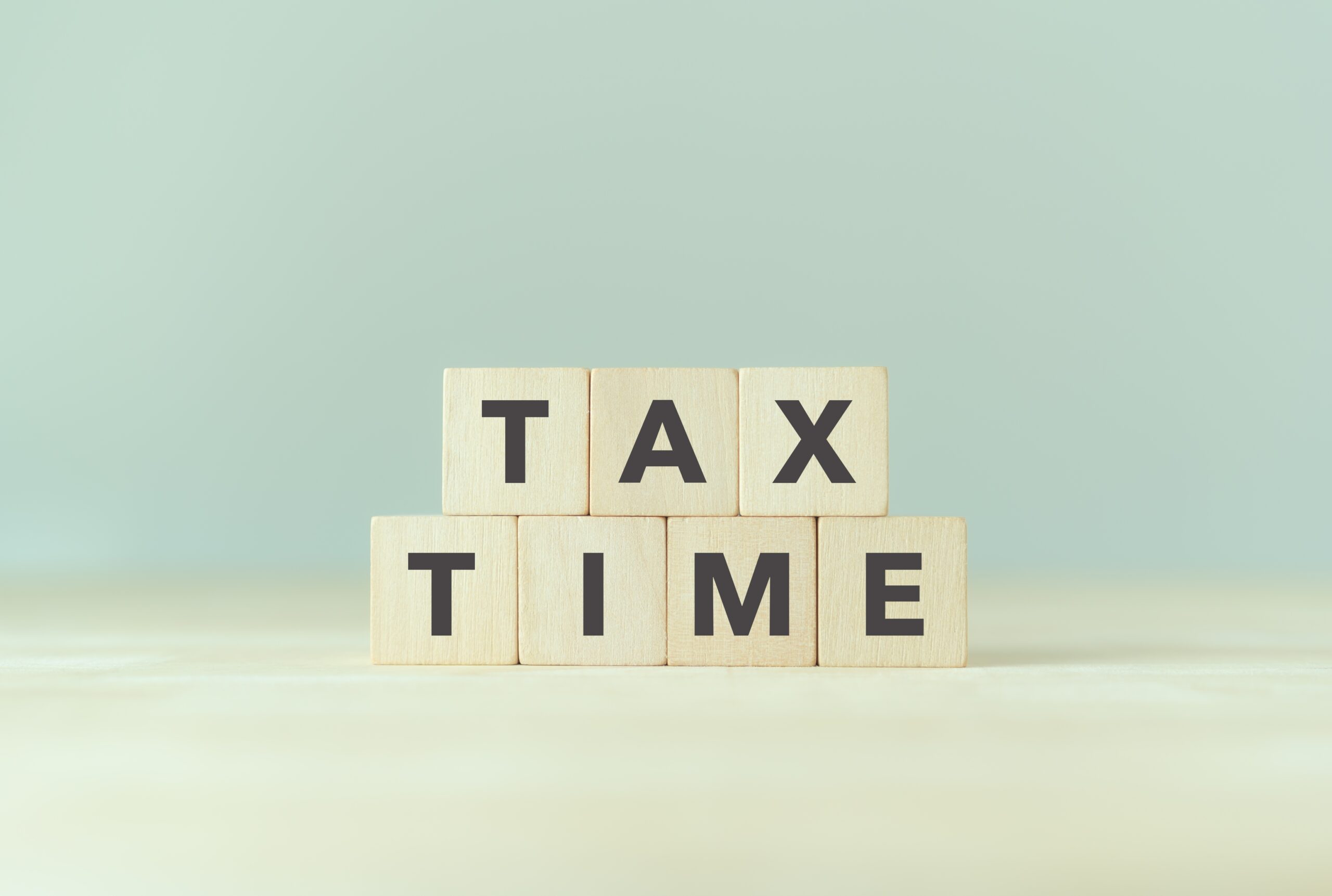Tax season is here and on 2/1/24, the IRS reminded Taxpayers to choose a 2023 Tax Preparer carefully when preparing their 2023 Taxes. Taxpayers are ultimately legally responsible for all the information on their income tax return, regardless of who prepares it. A tax preparer can have different levels of skills, education and expertise and Taxpayers ought to take a closer look at what constitutes a “Qualified” Tax Preparer. There are various types of regulated Tax Preparers, including Certified Public accountants (CPAs), Enrolled Agents, and Attorneys. CPAs, Enrolled Agents, and Attorneys are “Qualified” by IRS regulations to represent Taxpayers in front of State and Federal Government. In addition, there are unregulated Tax Preparers that represent themselves as “Qualified” Tax Preparers. An unregulated Tax Return Preparer is not the same thing as a regulated Tax Preparer. So, what should a Taxpayer do? Taxpayers should verify Tax Preparer qualifications through the IRS directory which allows Taxpayers to:
- Verify the Tax Preparer’s qualifications. If your Tax Preparer is not in the IRS Directory, walk away.
- Determine if the Tax Preparer has a Preparer Tax Identification Number (PTIN). All paid tax preparers must have a PTIN. By law, paid preparers must sign returns and include their PTIN.
- Check the Tax Preparer’s History. CPAs can be checked with the State Board of Accountancy, Attorneys can be checked with the Local State Bar Association and Enrolled Agents can be checked at the IRS website.
A good Tax Preparer will ask for records and receipts and ask the Right Questions regarding total income, deductions, tax credits and other items such as foreign accounts and digital assets due to the increasing IRS tax compliance oversight in these areas.
Your 2023 Tax Preparer Ought To Ask You questions Regarding Foreign Accounts And Assets such as:
- What is your total US source income and total foreign source income? (Whether your foreign source income is tax exempt in a foreign country, or it was already taxed in that country, it is nevertheless reportable on your US Income Tax Return. This includes capital gains, interest income, dividend income or any other type of income).
- Any ownership, joint ownership, or signature authority over a foreign bank account or group of accounts that had more than $10,000.00, in the aggregate, at any point in time on any day of the year?
- Any ownership in any foreign assets even if not a signatory on bank account of those foreign assets?
- Any ownership of foreign real estate?
- Any ownership or an interest in a foreign corporation or business that in turn own owns real estate?
- Any ownership in a foreign business or foreign corporation or foreign partnership?
- Any ownership in a foreign trust?
- Any ownership in a PFIC (Passive Foreign Investment Company)?
- Any ownership in a foreign mutual fund or foreign holding company?
- Receipt of a gift from Non-US individual or from a foreign corporation?
- Receipt of a foreign trust distribution?
- Longevity of foreign bank accounts?
- Source of funds for foreign bank accounts?
- Have foreign bank accounts or the income produced by them ever been reported to IRS?
- Have any foreign bank accounts been inherited?
- Any usage or active management of the funds in the foreign accounts?
- Title on the accounts? Nominal owner versus beneficial owner?
- Has another tax return preparer asked these types of questions?
- Is an attorney, CPA, or another professional service provider aware of the foreign accounts?
Your 2023 Tax Preparer Ought To Ask You questions Regarding Digital Assets such as:
- Received digital assets as payment for property or services provided?
- Received digital assets as a result of a reward or award?
- Received new digital assets as a result of mining, staking, and similar activities?
- Received digital assets as a result of a hard fork?
- Disposed of digital assets in exchange for property or services?
- Disposed of a digital asset in exchange or trade for another digital asset?
- Sold a digital asset?
- Transferred digital assets for free (without receiving any consideration) as a bona fide gift?
- Disposed of any other financial interest in a digital asset?
- Have digital assets related income been reported previously in Form 1040? And for which years?
- How was ordinary income calculated?
- What tax forms were used for digital assets?
- How were capital gains reported?
- What are all of the accounts that have digital asset transactions, activity and history; including trades, transfers, withdrawals, deposits, airdrops from Digital Asset Exchanges or Digital Asset Wallets?
- Are there transfers (deposits/withdrawals) that were to and from a counterparty?
- Are there any digital assets that that do not have cost basis?
- Are there any digital asset trades related to margin and shorting?
- Is there any mining income or staking income?
- Are there any Airdrops?
- Are there any deposits due to Forks?
- Any ICO (“Initial Colin Offering”) Contributions?
- What valuation method was used for valuing the digital assets?
- How was the cost basis determined for the digital assets?
Know this
Never sign a blank or incomplete return. Taxpayers are responsible for filing a complete and correct tax return. Your 2023 tax preparer ought to be available year-round. If questions come up about a tax return, taxpayers may need to contact the tax preparer after the filing season is over. If a Tax Return is inaccurate, the Taxpayer could face an audit, civil penalties, or criminal charges. Taxpayers need to ensure that they are working with the right type of tax preparer to help avoid the financial, reputational, and family costs on non-compliance.
Who is your 2023 Tax Preparer? ©


